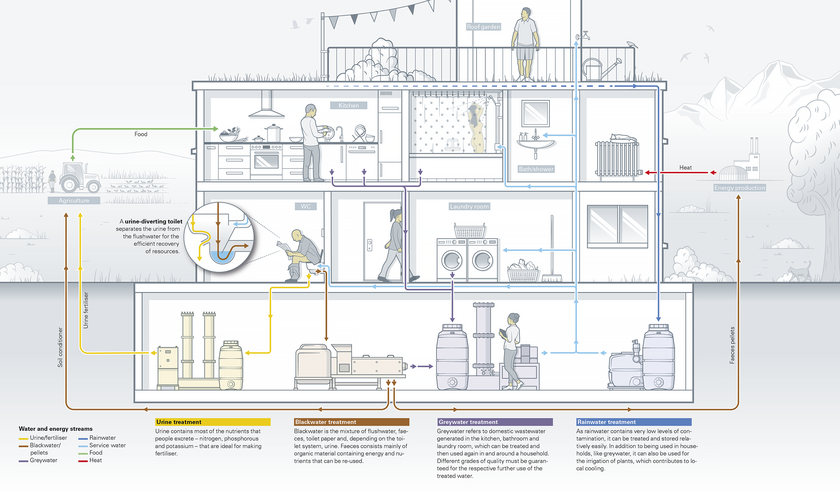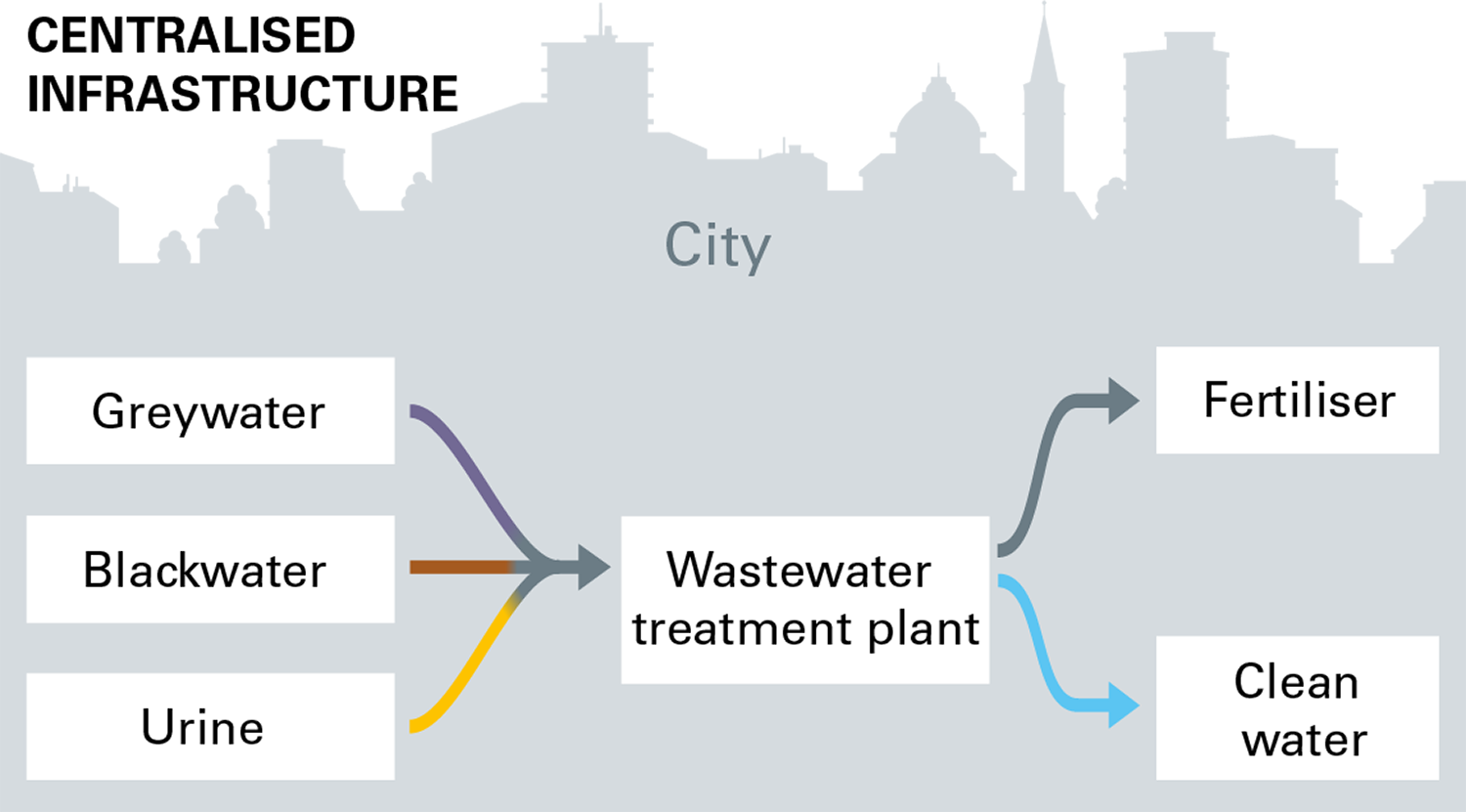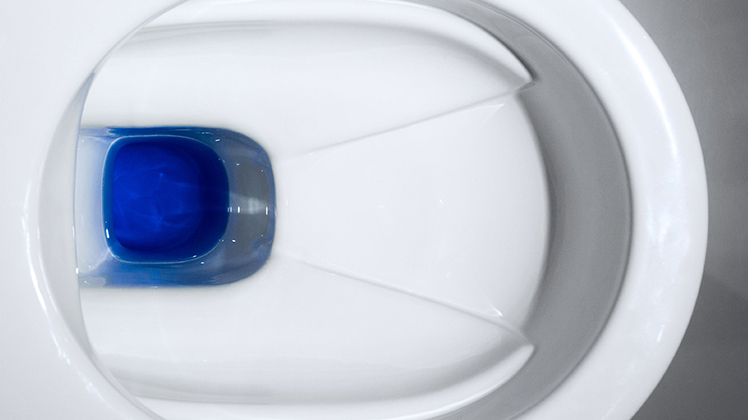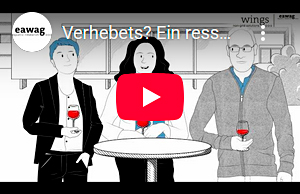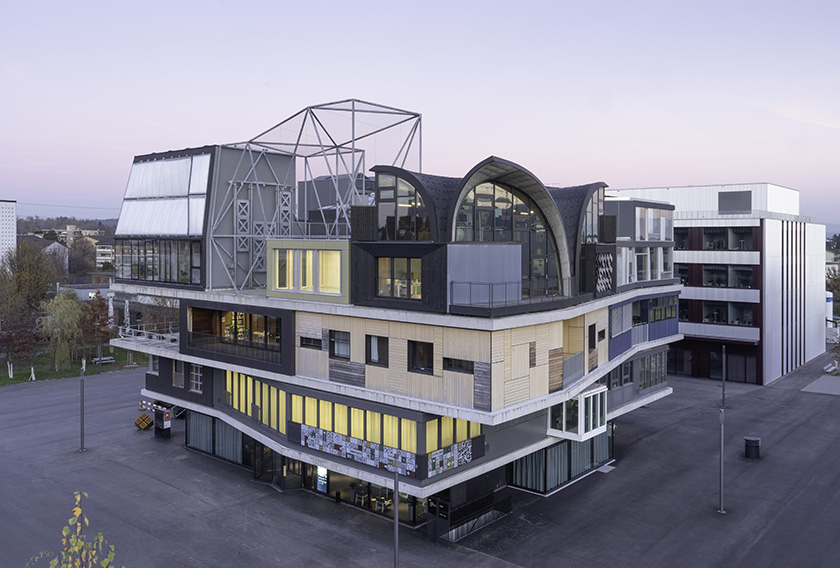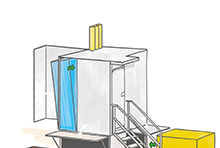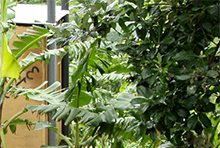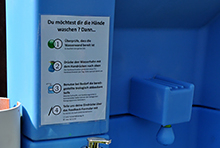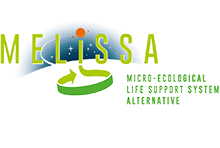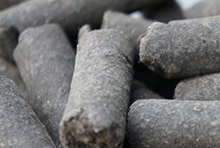
Decentralised resource recovery from wastewater
The economical handling of resources is also becoming increasingly important in Switzerland. As has long been known from waste recycling, resources can also be efficiently recovered from wastewater. Eawag conducts interdisciplinary research into sustainable solutions that benefits both people and the environment.
The construction of sewage systems and wastewater treatment plants (WWTPs) for the central treatment of wastewater has enabled decisive progress in the last century for human hygiene and health, but also for the protection of the environment around cities and villages. However, this system consumes large quantities of water and makes it difficult to recover the reusable materials contained in the wastewater. Climate change, the high input of nutrients into the environment, the growing population as well as the massive loss of biodiversity are urging us to rethink the existing system. As hot periods become more frequent and rainfall precipitation shifts, large amounts of water are needed in increasingly populous cities. Valuable substances contained in wastewater, such as phosphorus and nitrogen, become problematic substances when they enter natural waters. At the same time, phosphorus has to be mined under environmentally harmful conditions and imported because it is needed as fertiliser in agriculture.
In addition to the protection of human health and water bodies, the more efficient utilisation of resources from wastewater is therefore an objective in wastewater treatment. One approach is to close the cycles of water, nutrients and energy as locally as possible. New technologies based on the concept of separation at the source allow the decentralised treatment of wastewater on site in the smallest possible space.
News
News
Publications for practice
Experts
Research projects
Scientific publications
Cover picture: Daniel Röttele/infografik.ch

